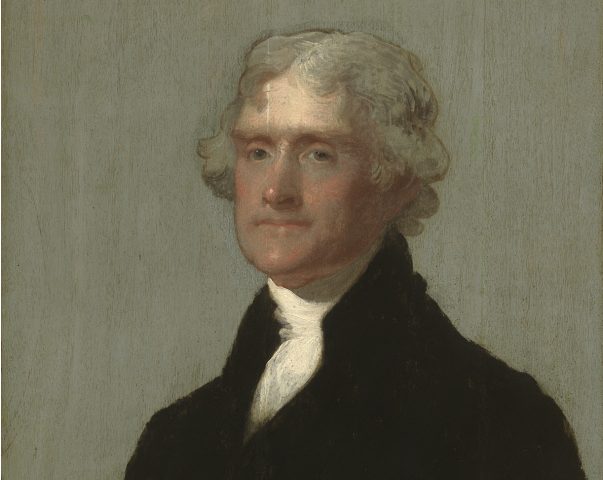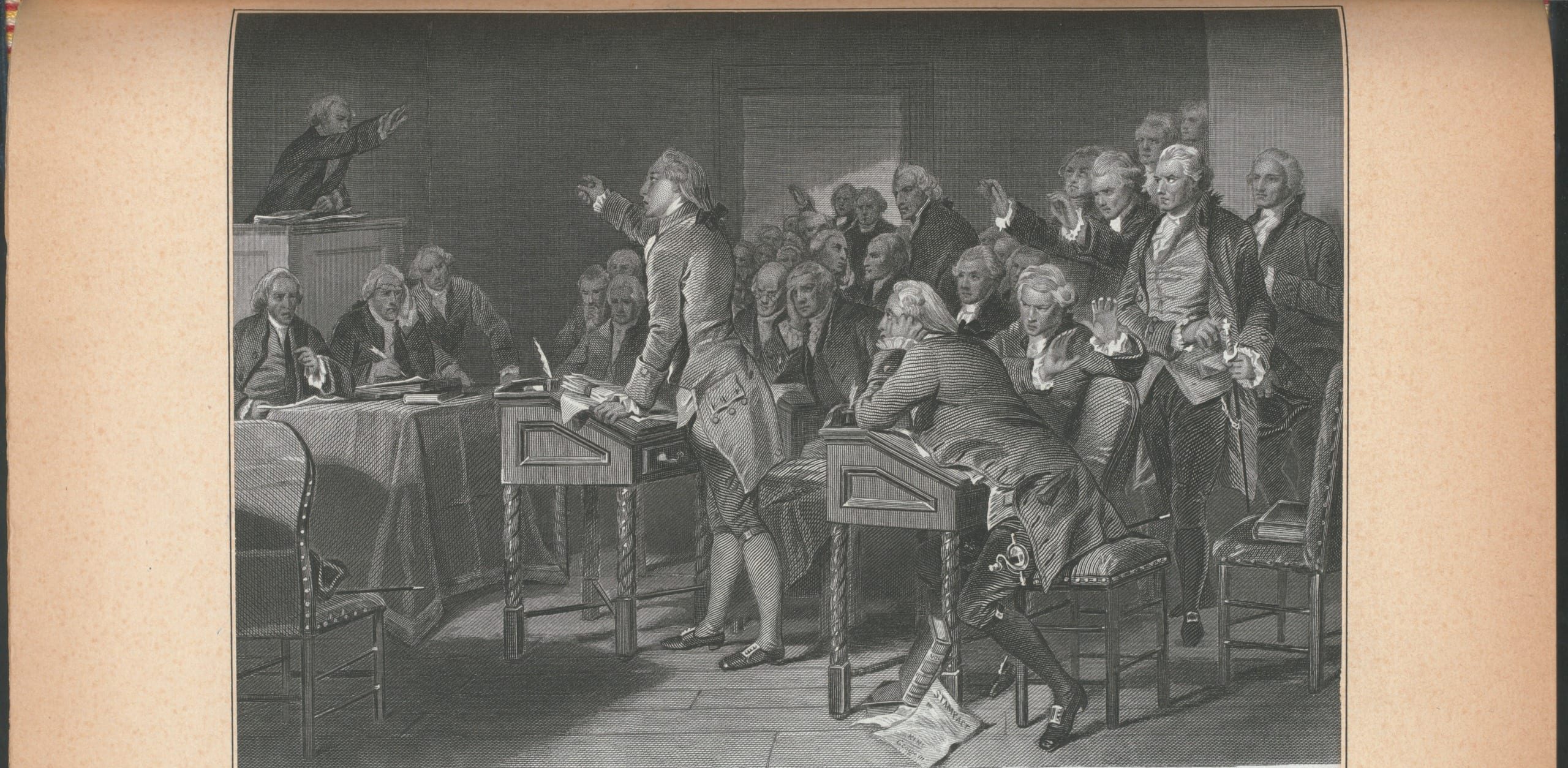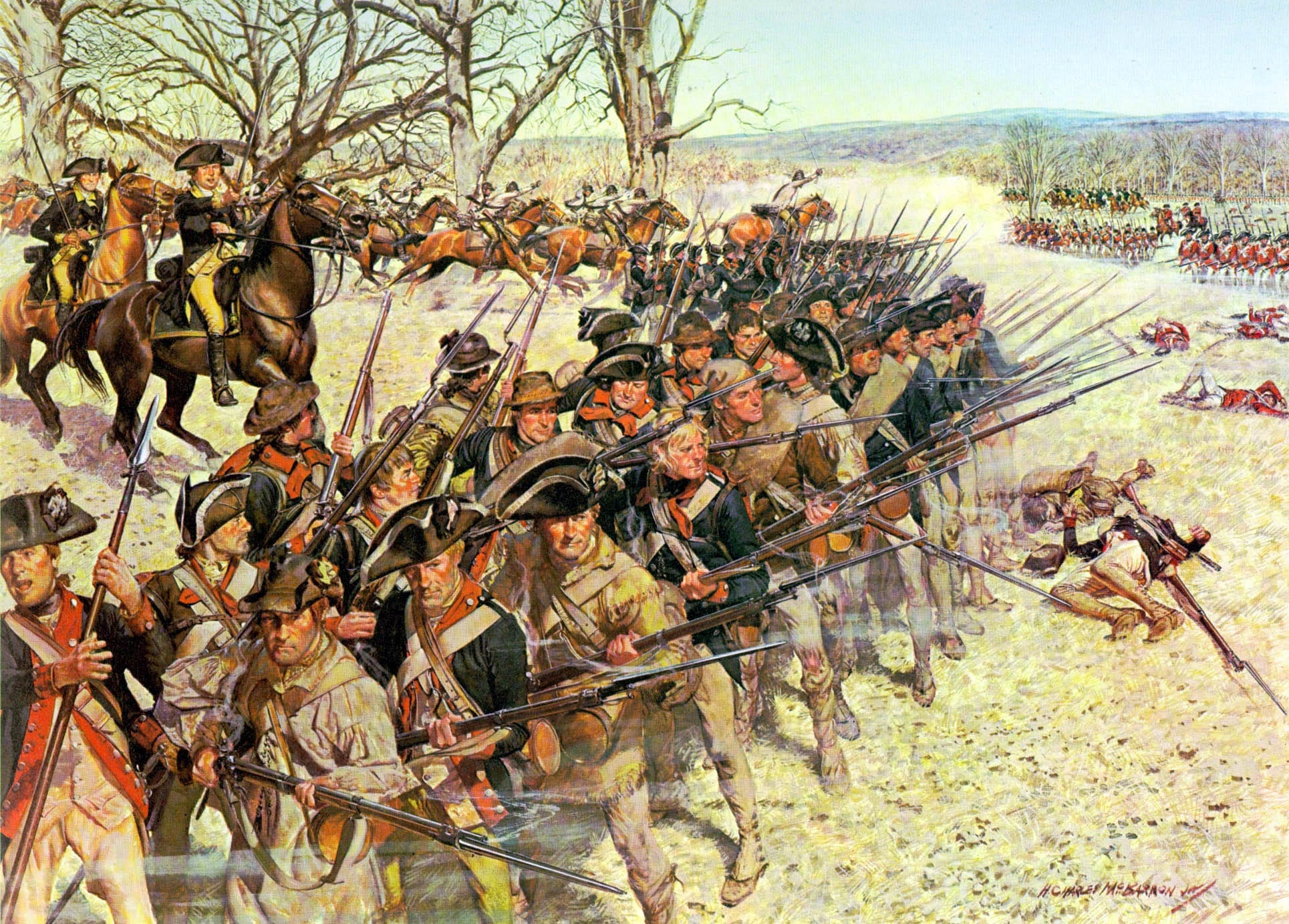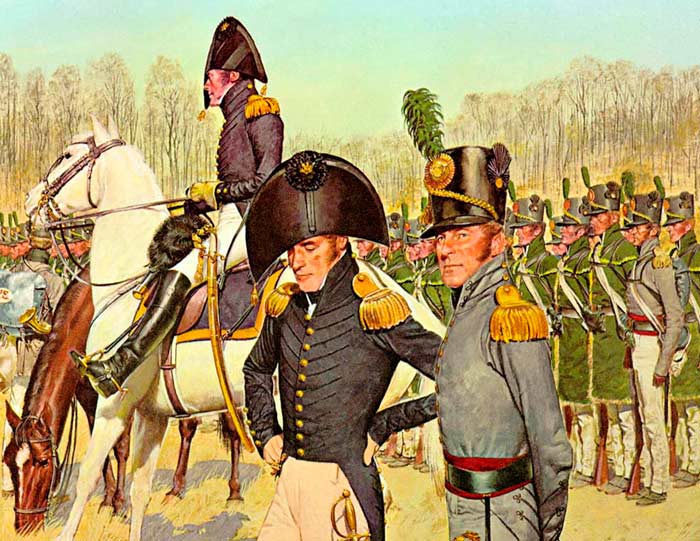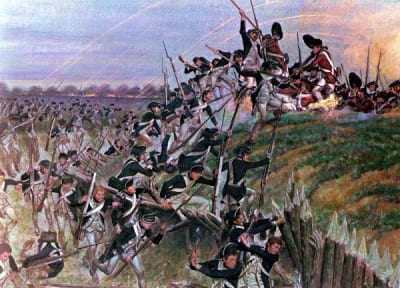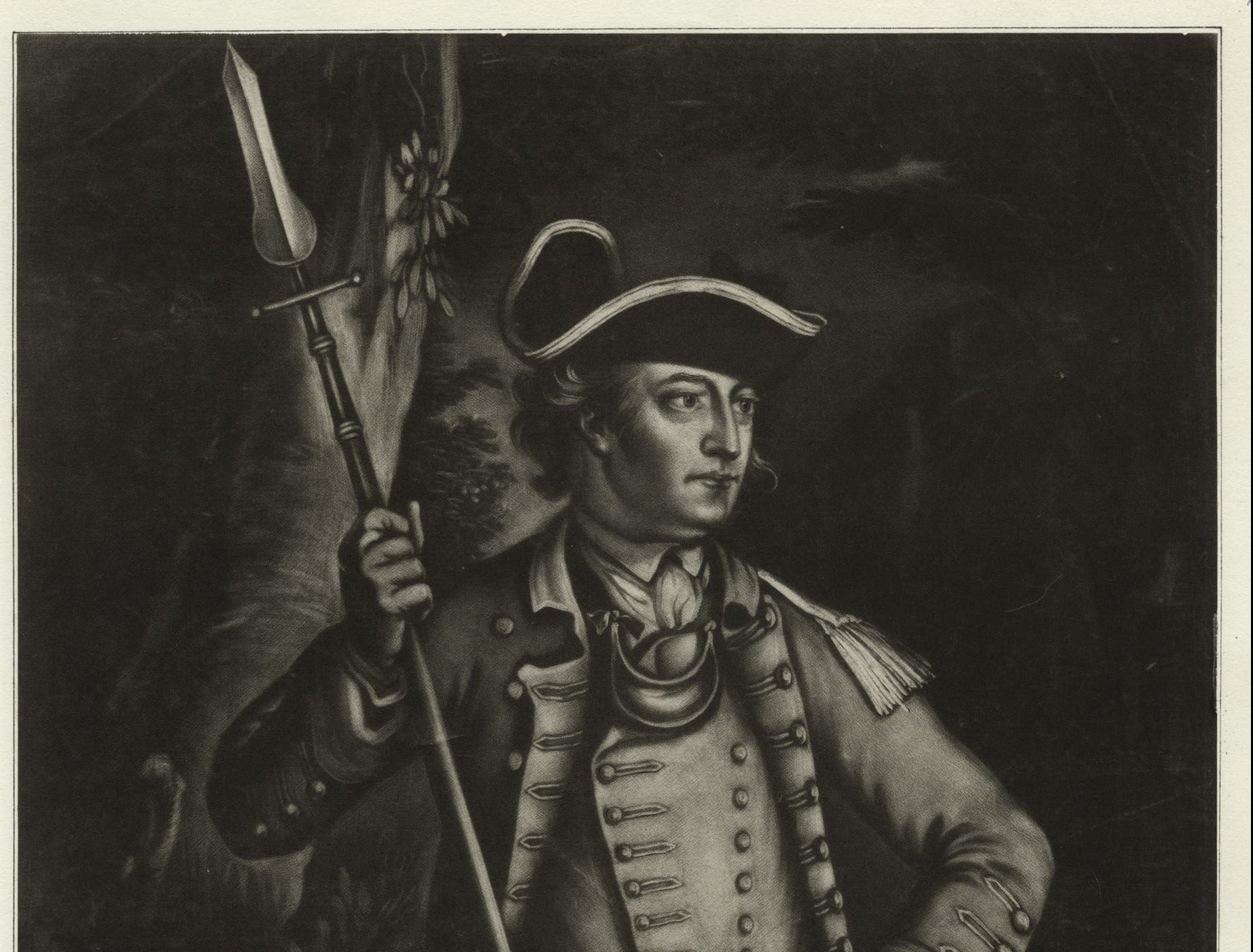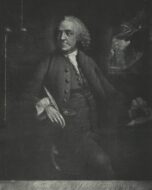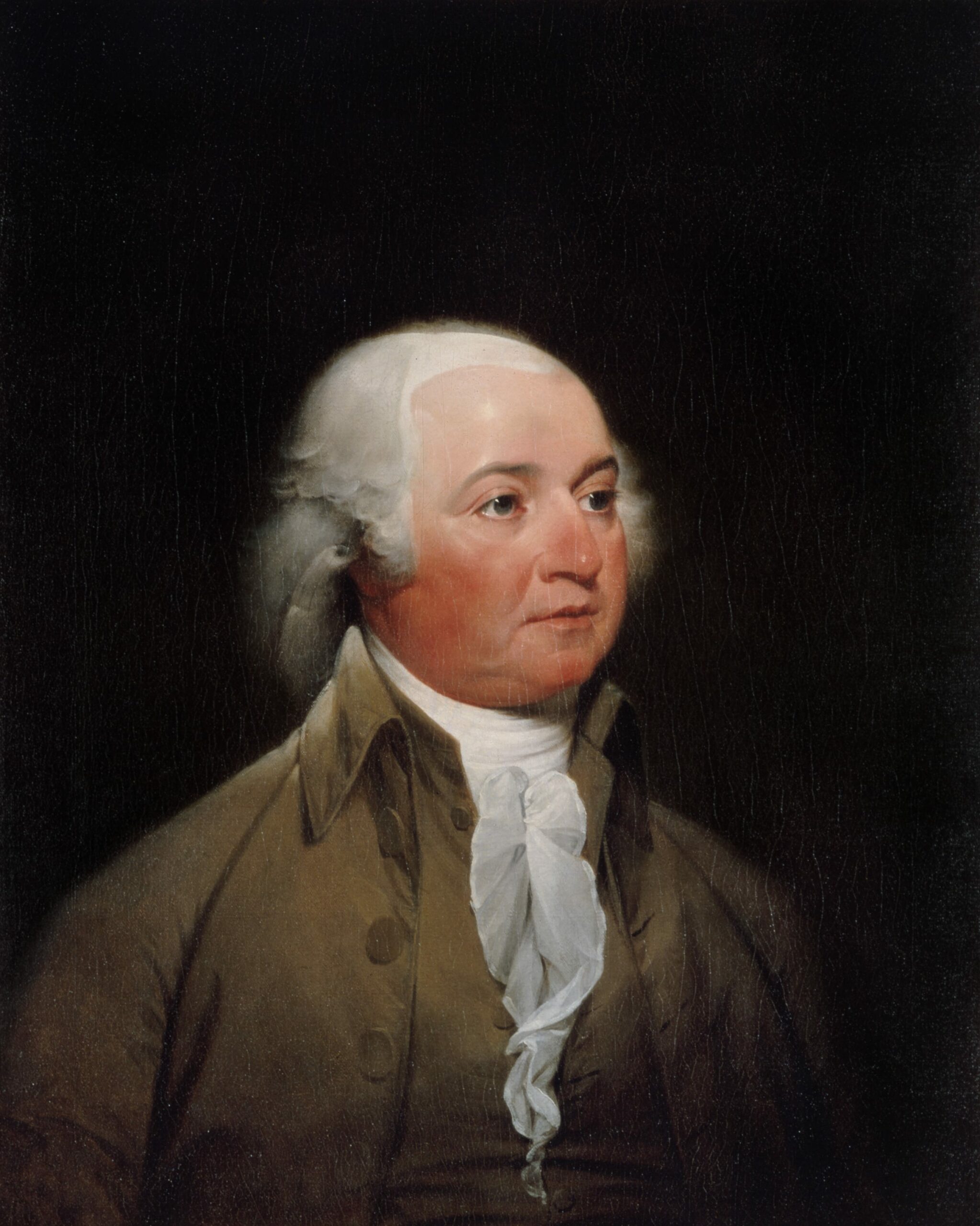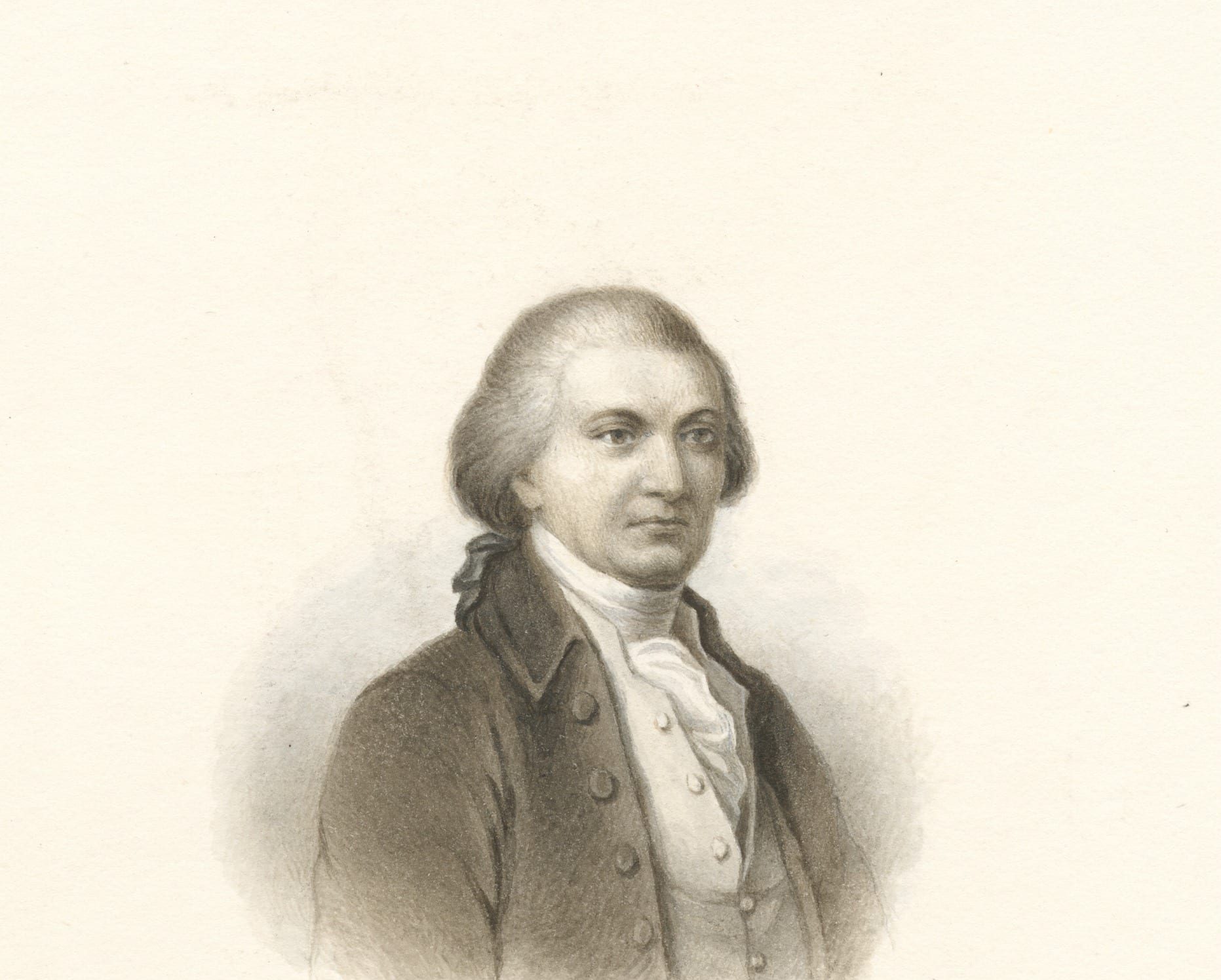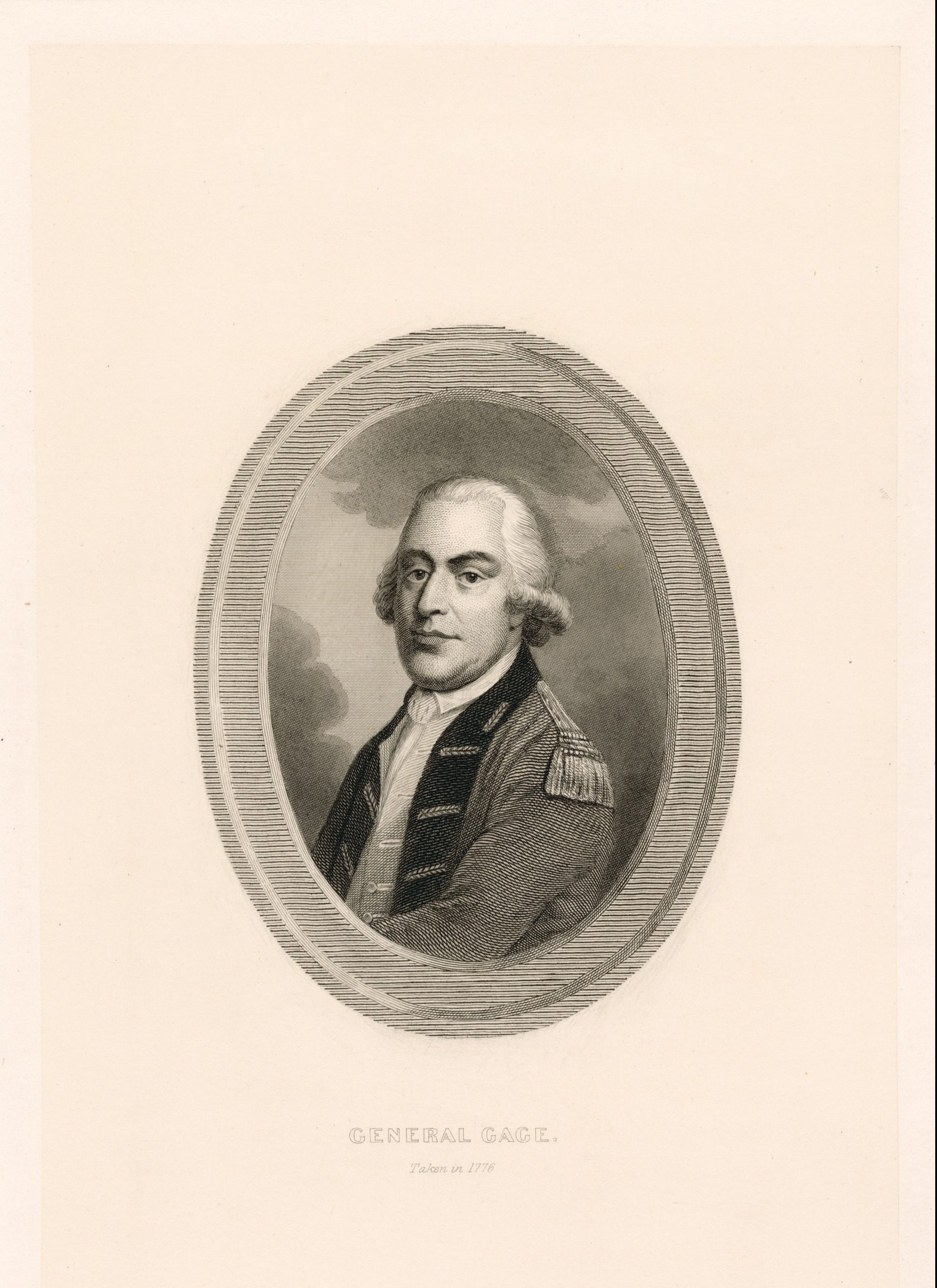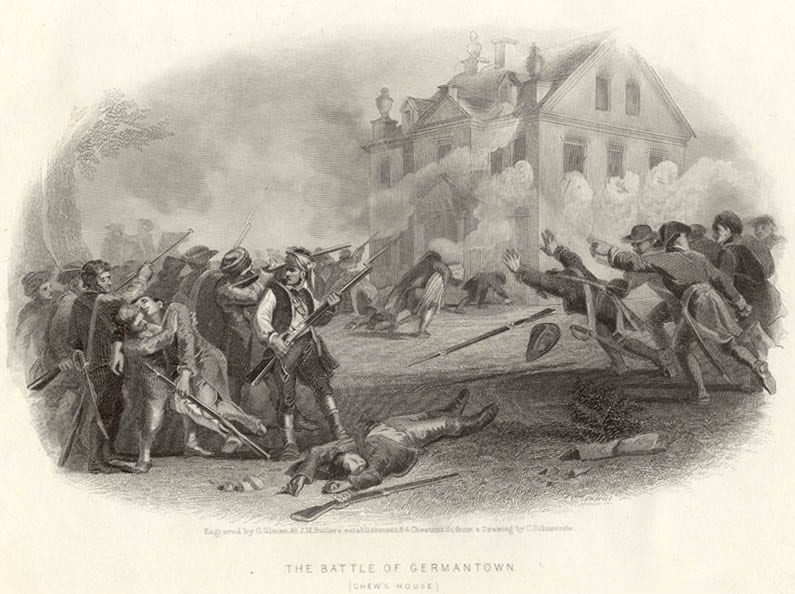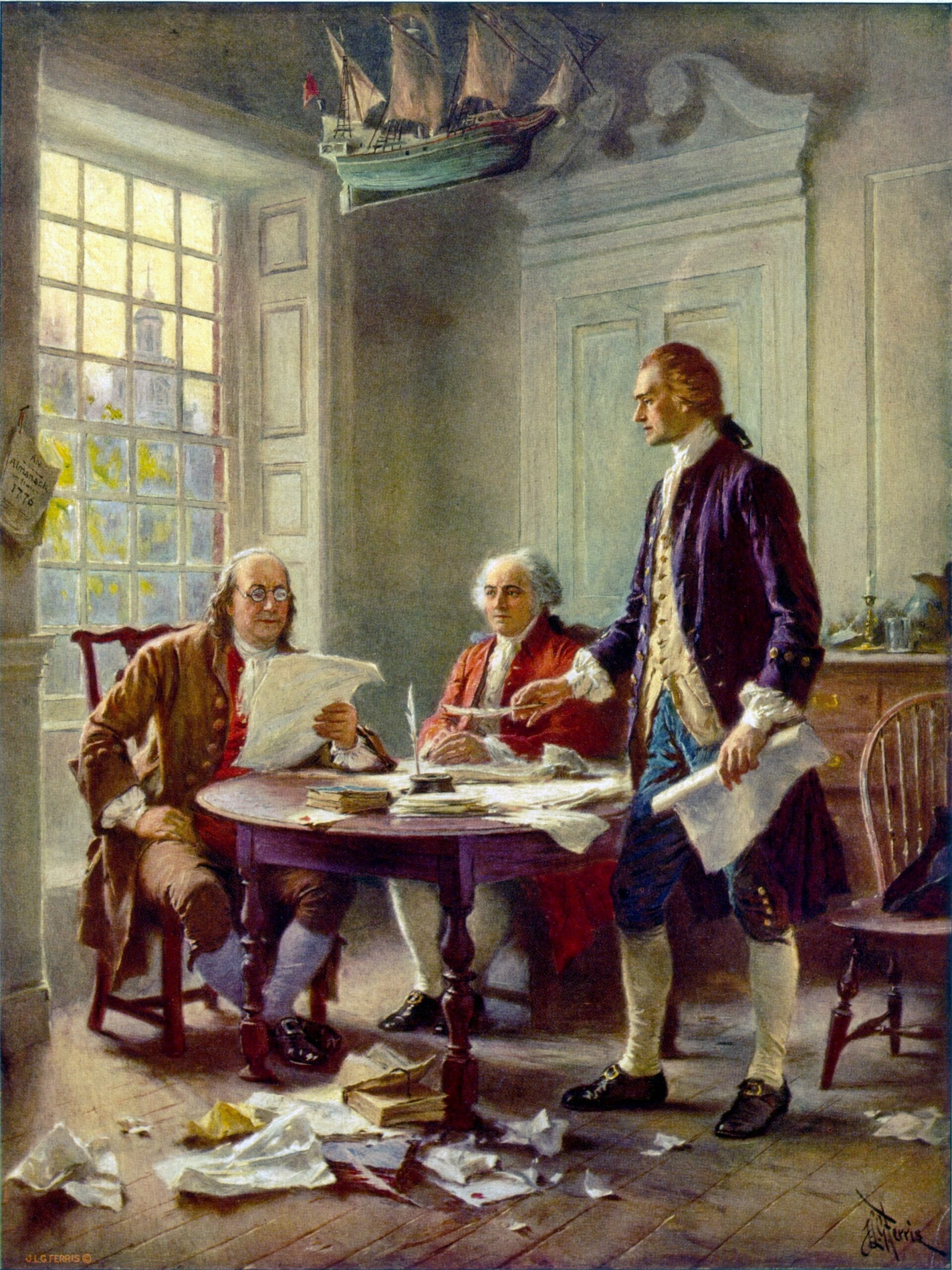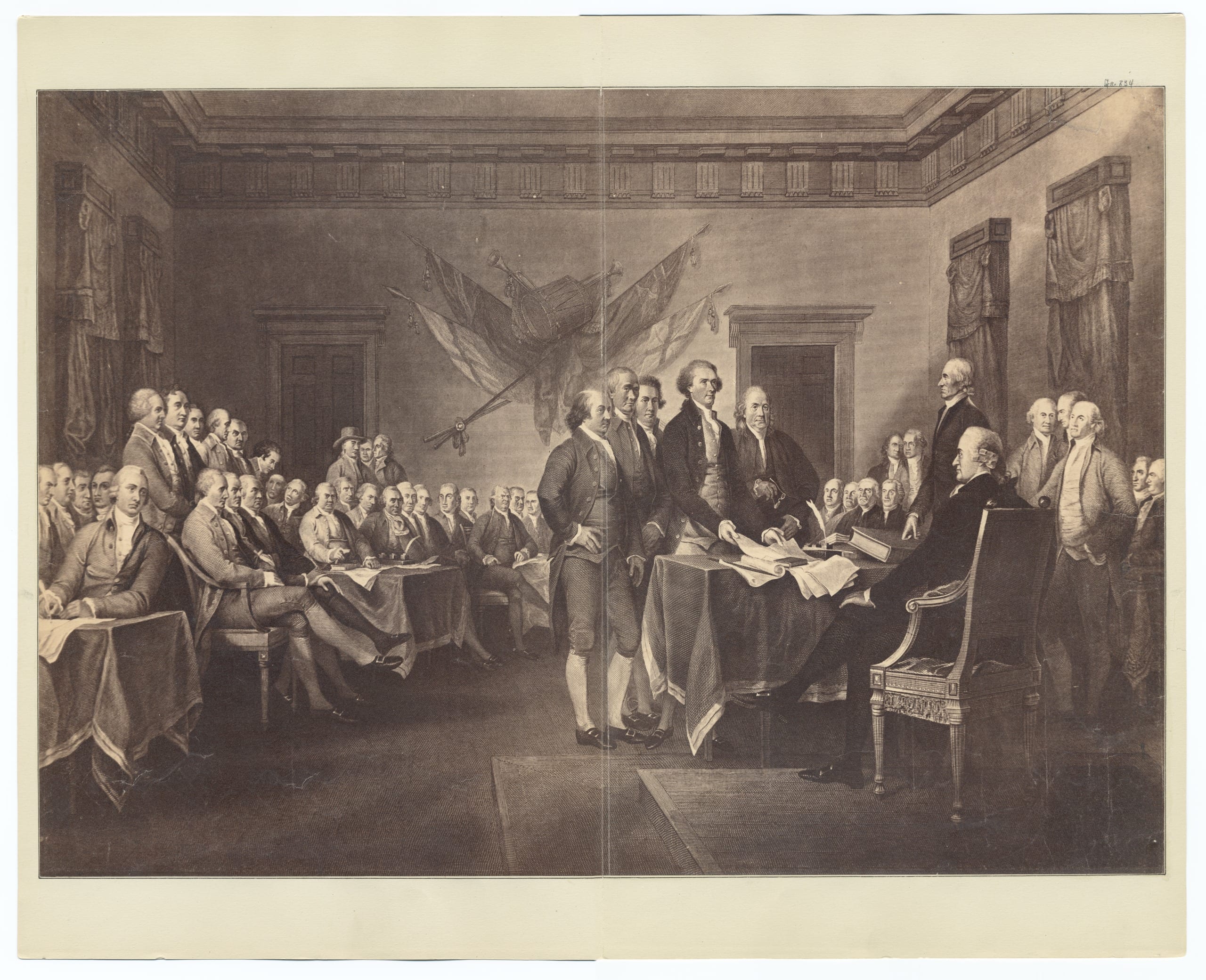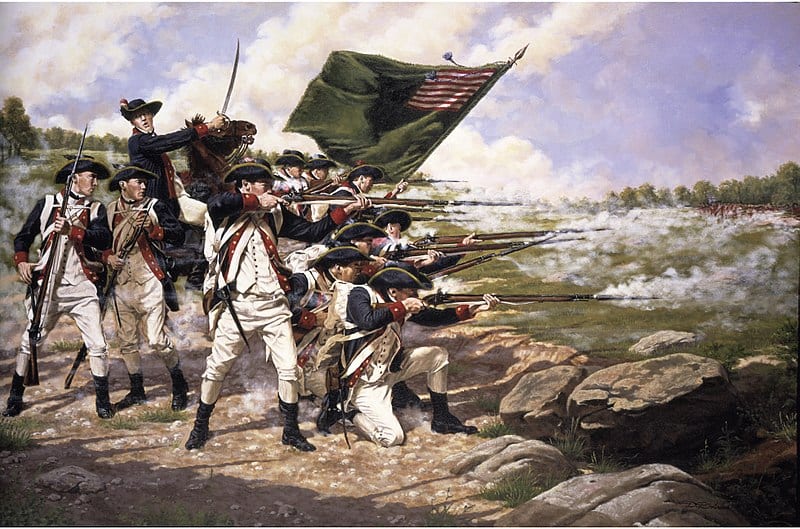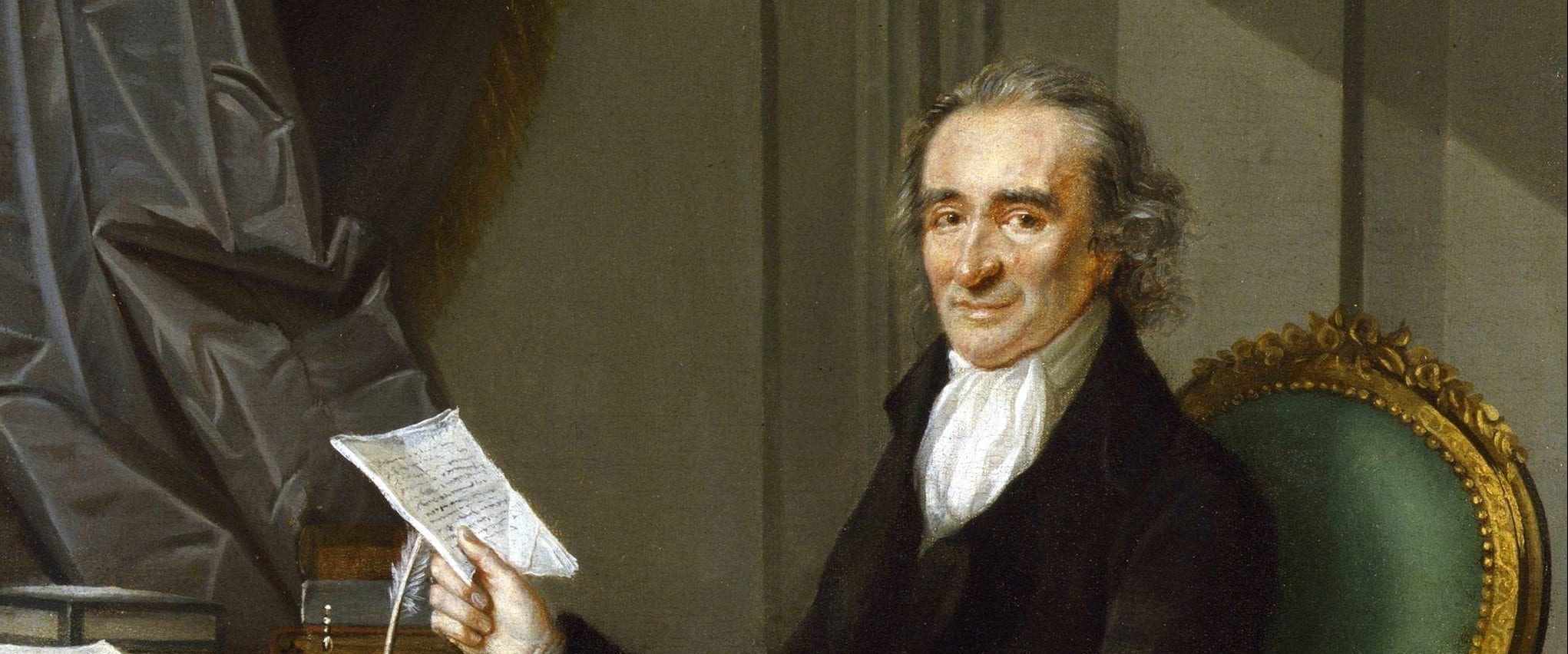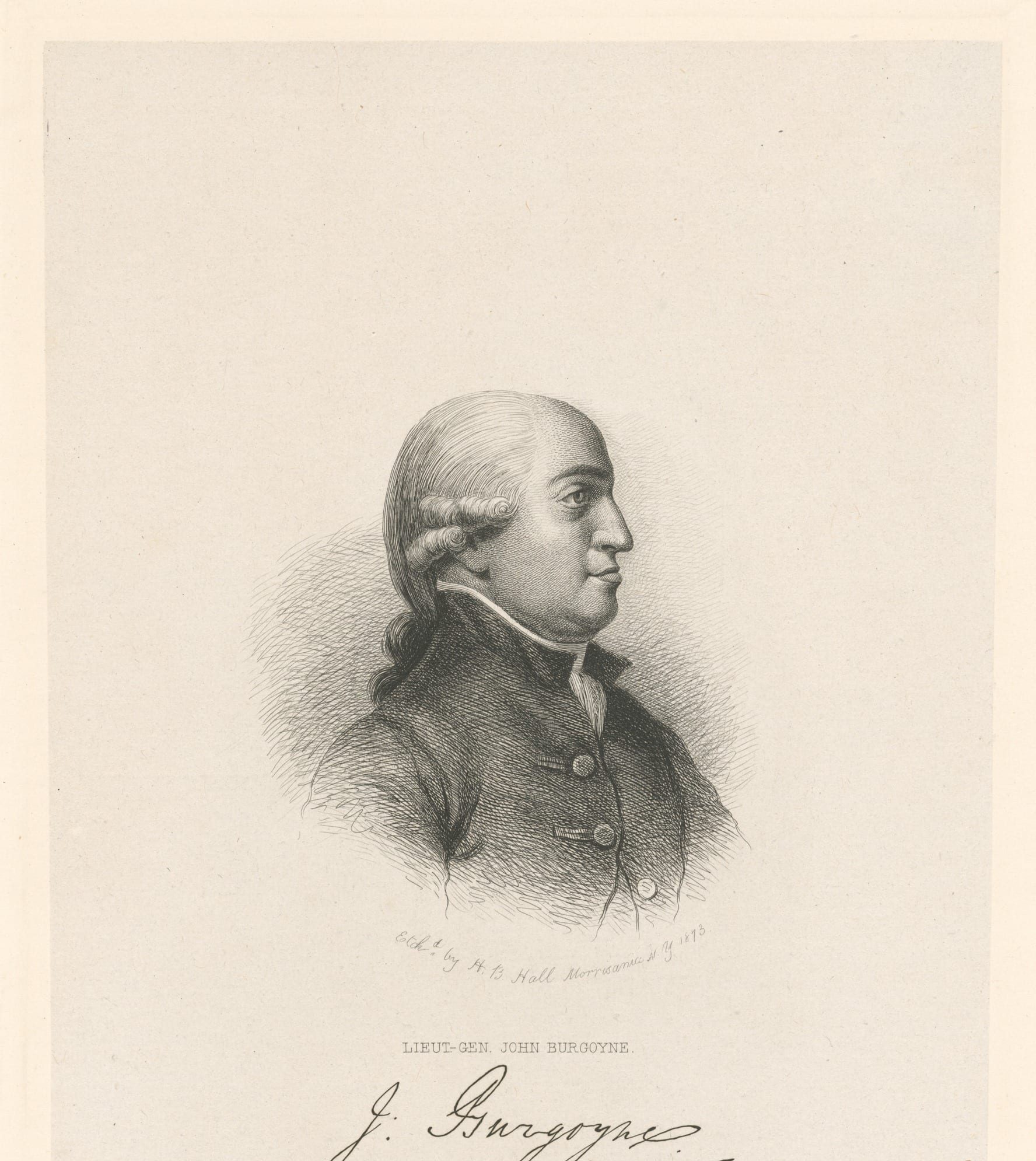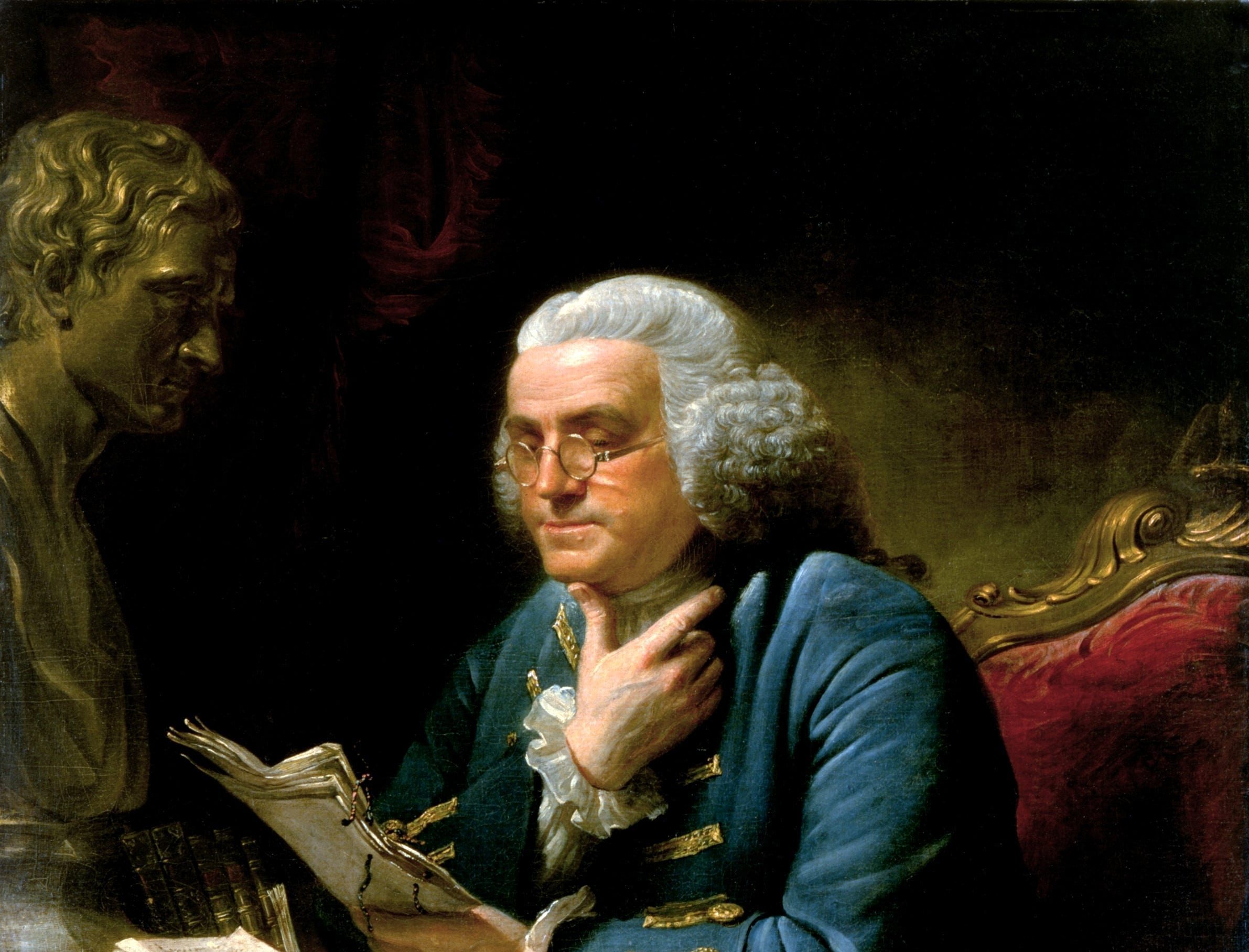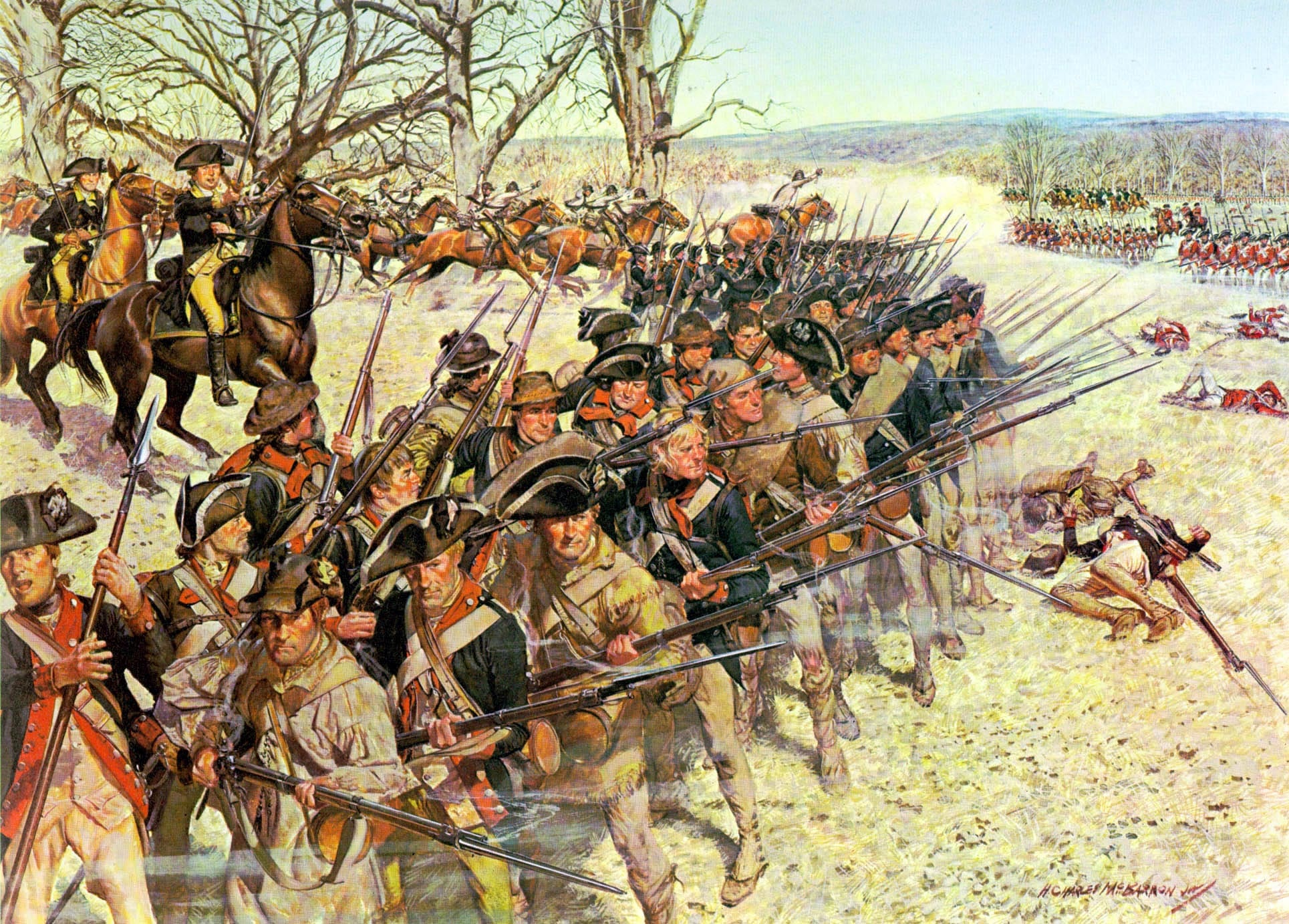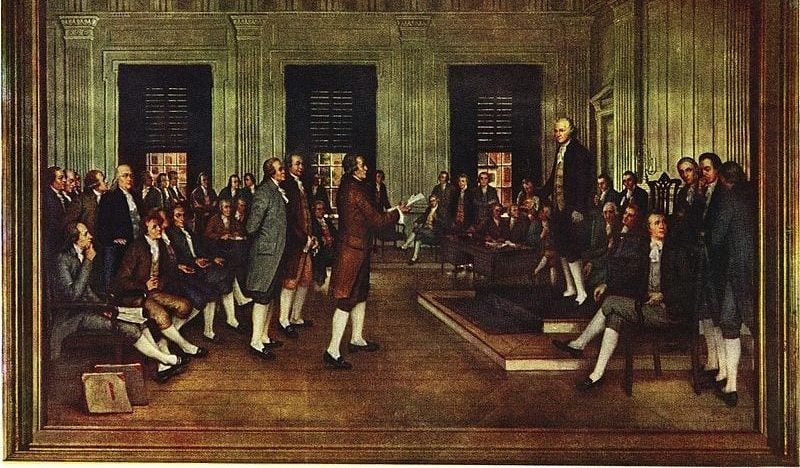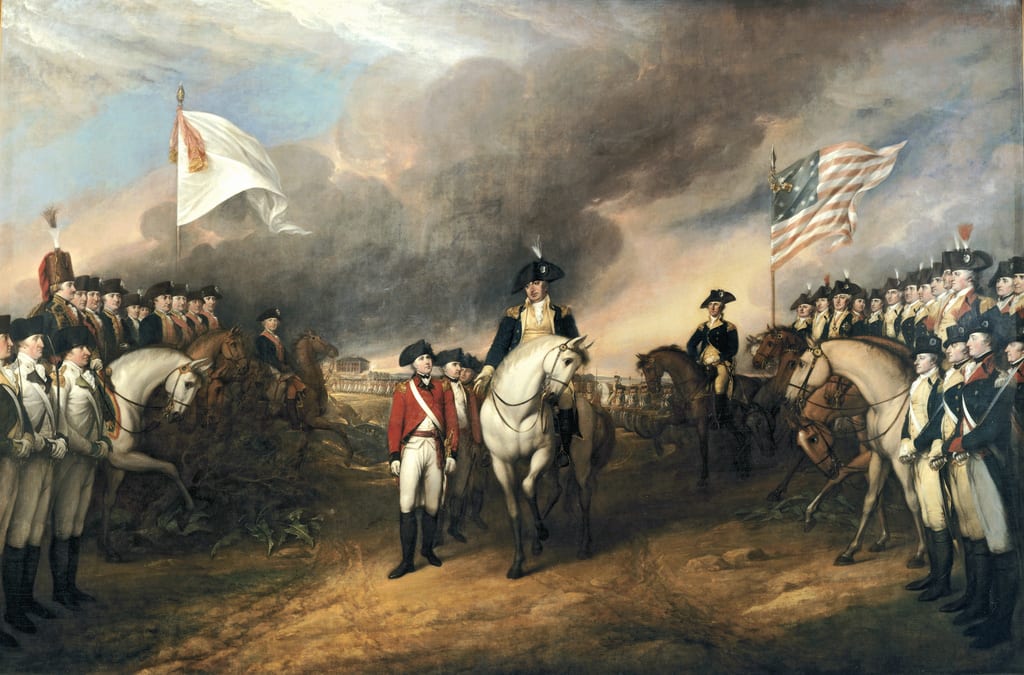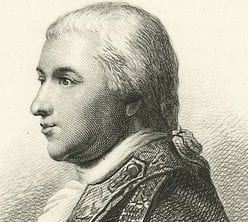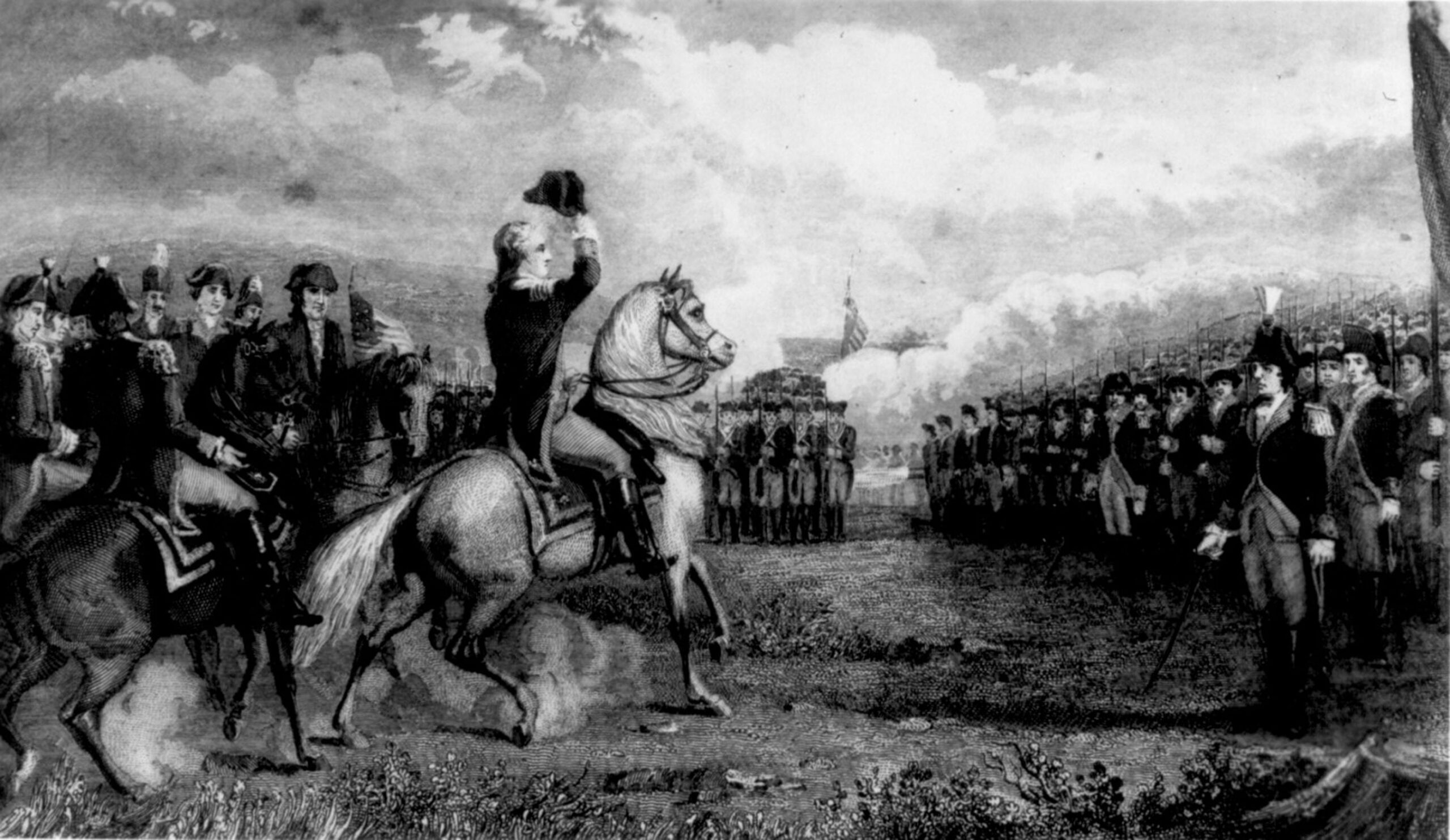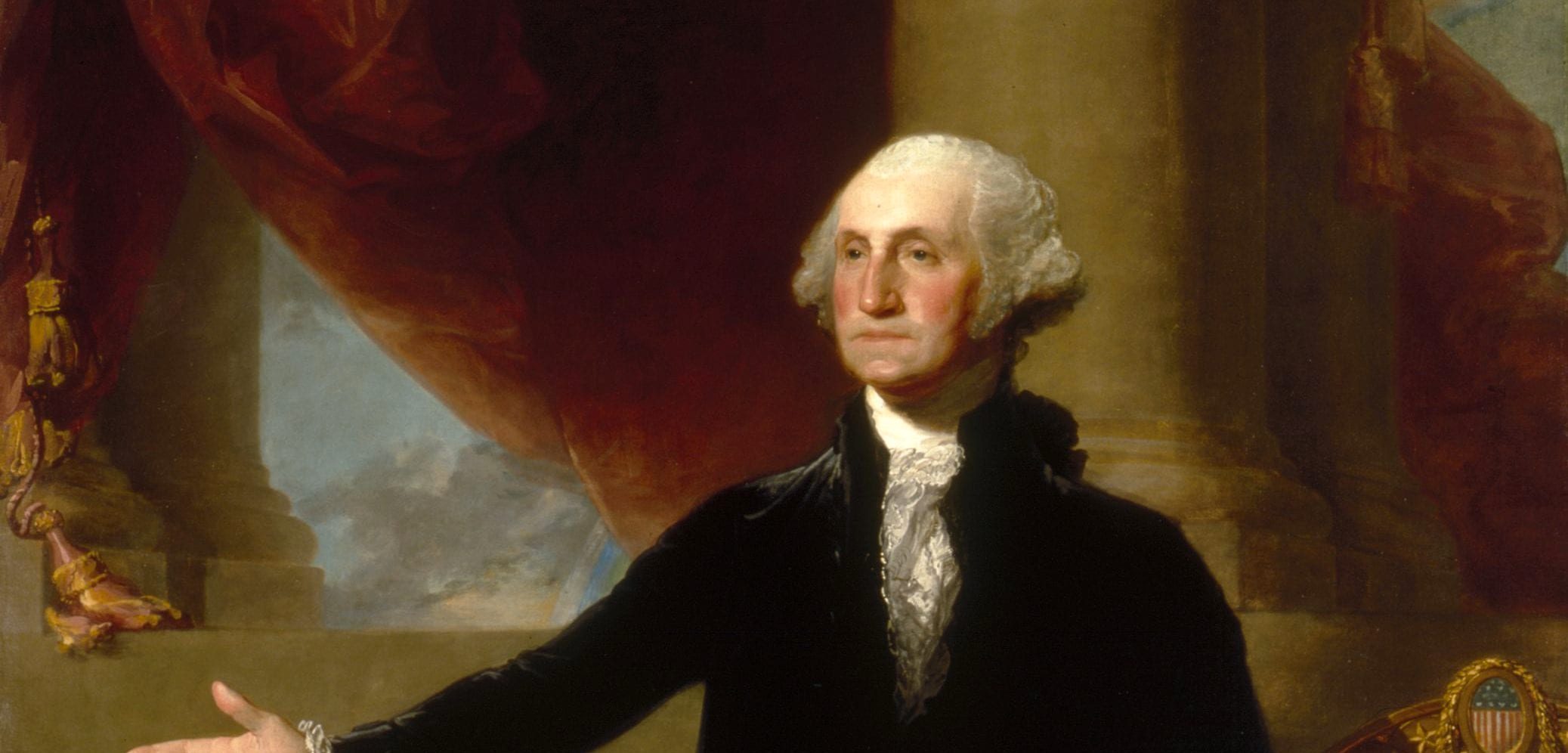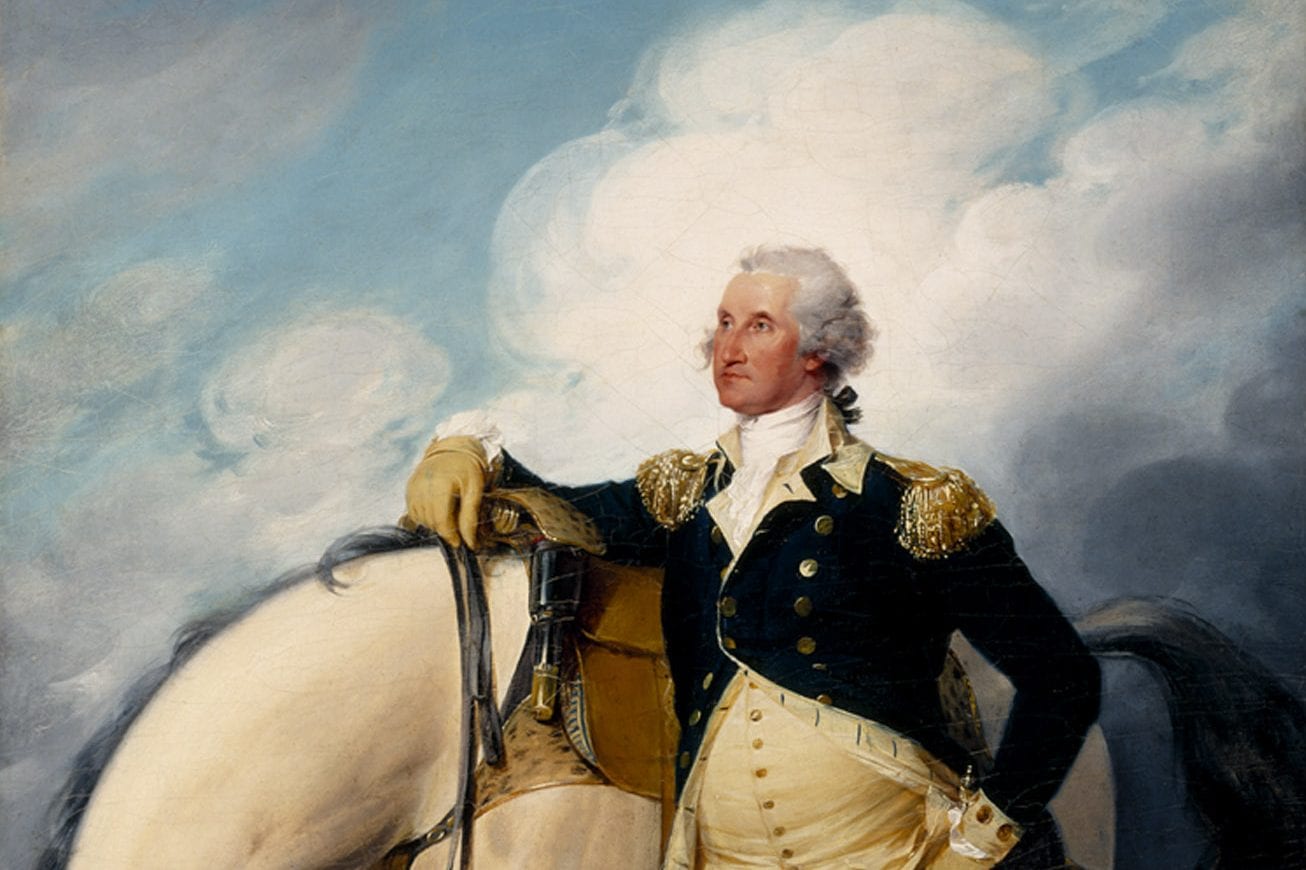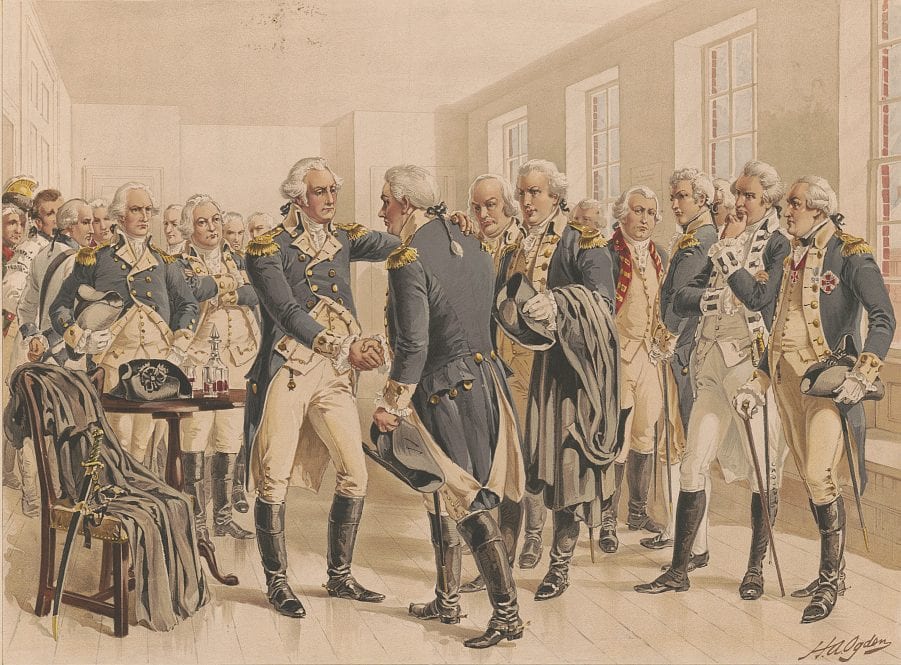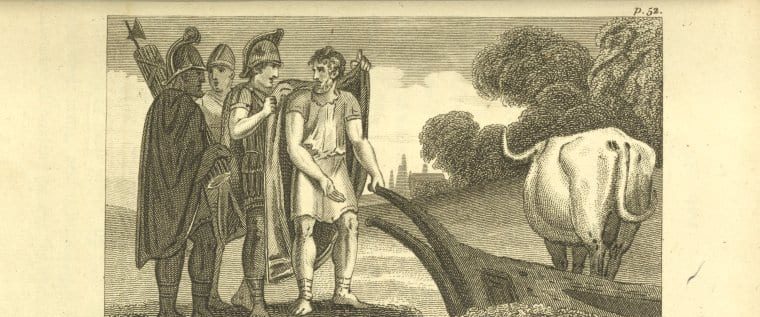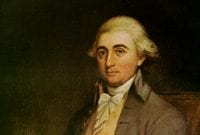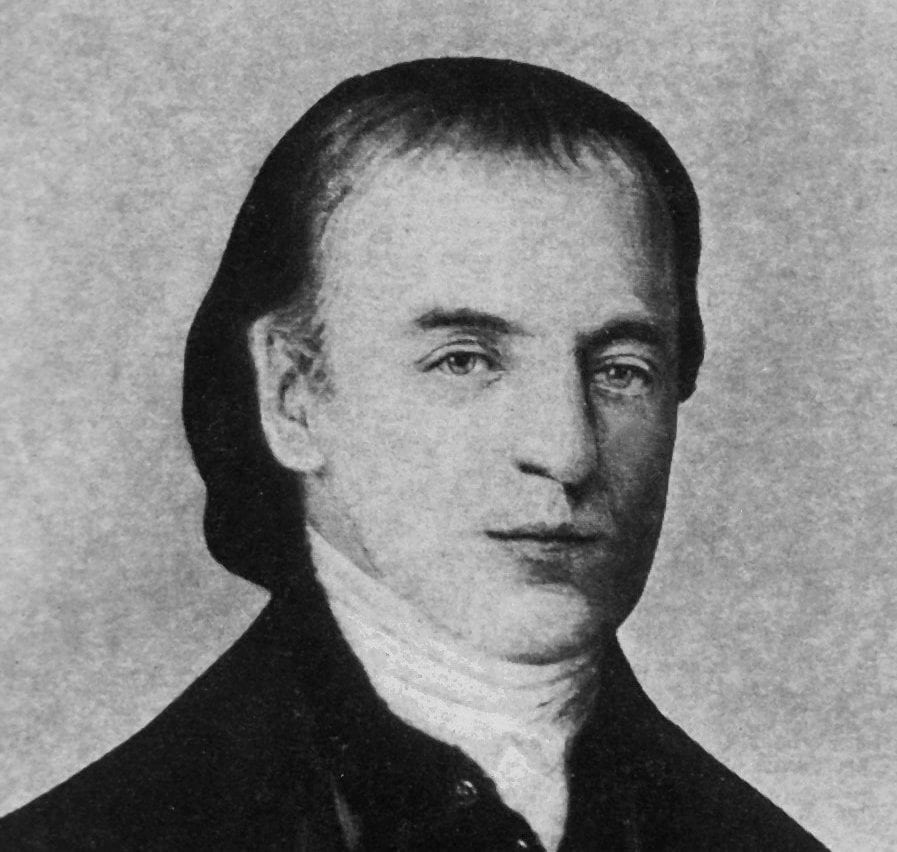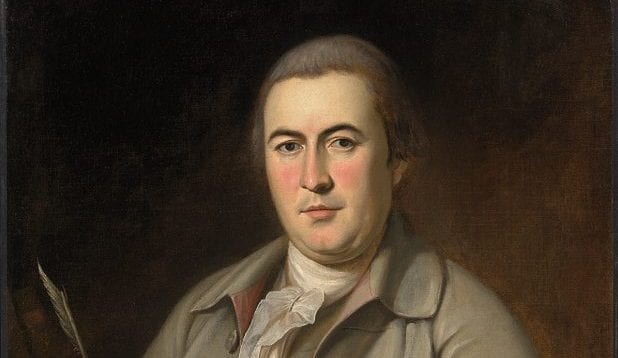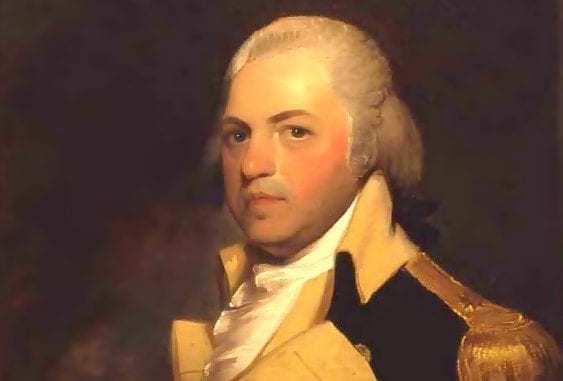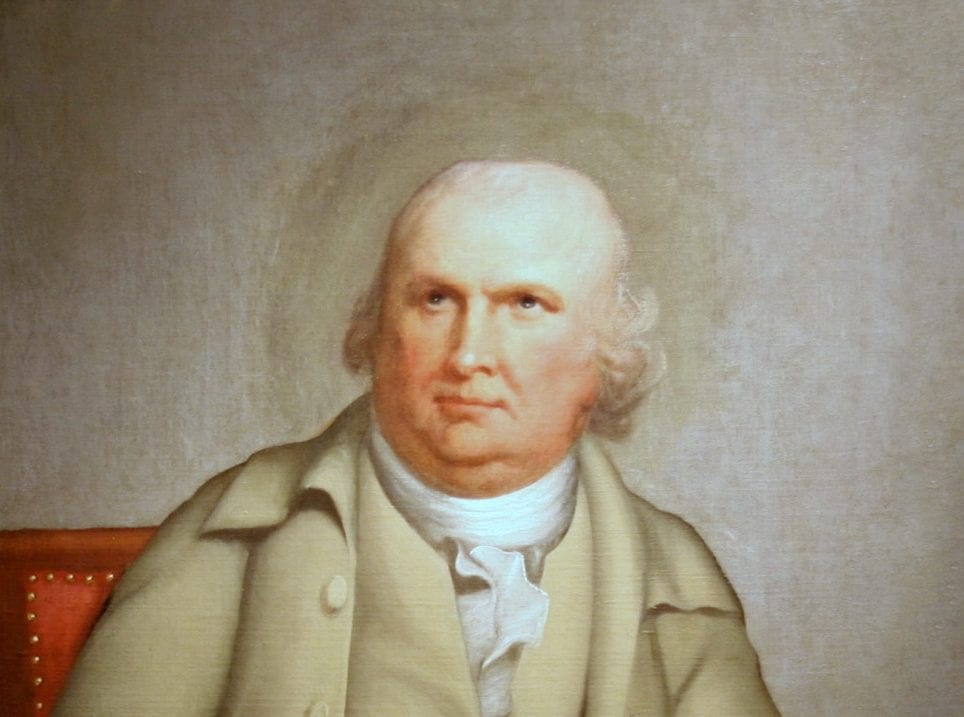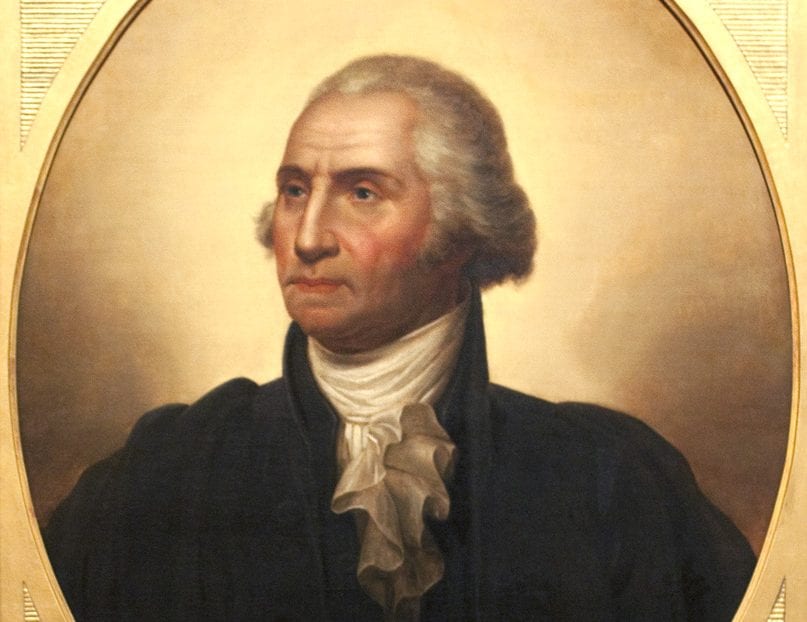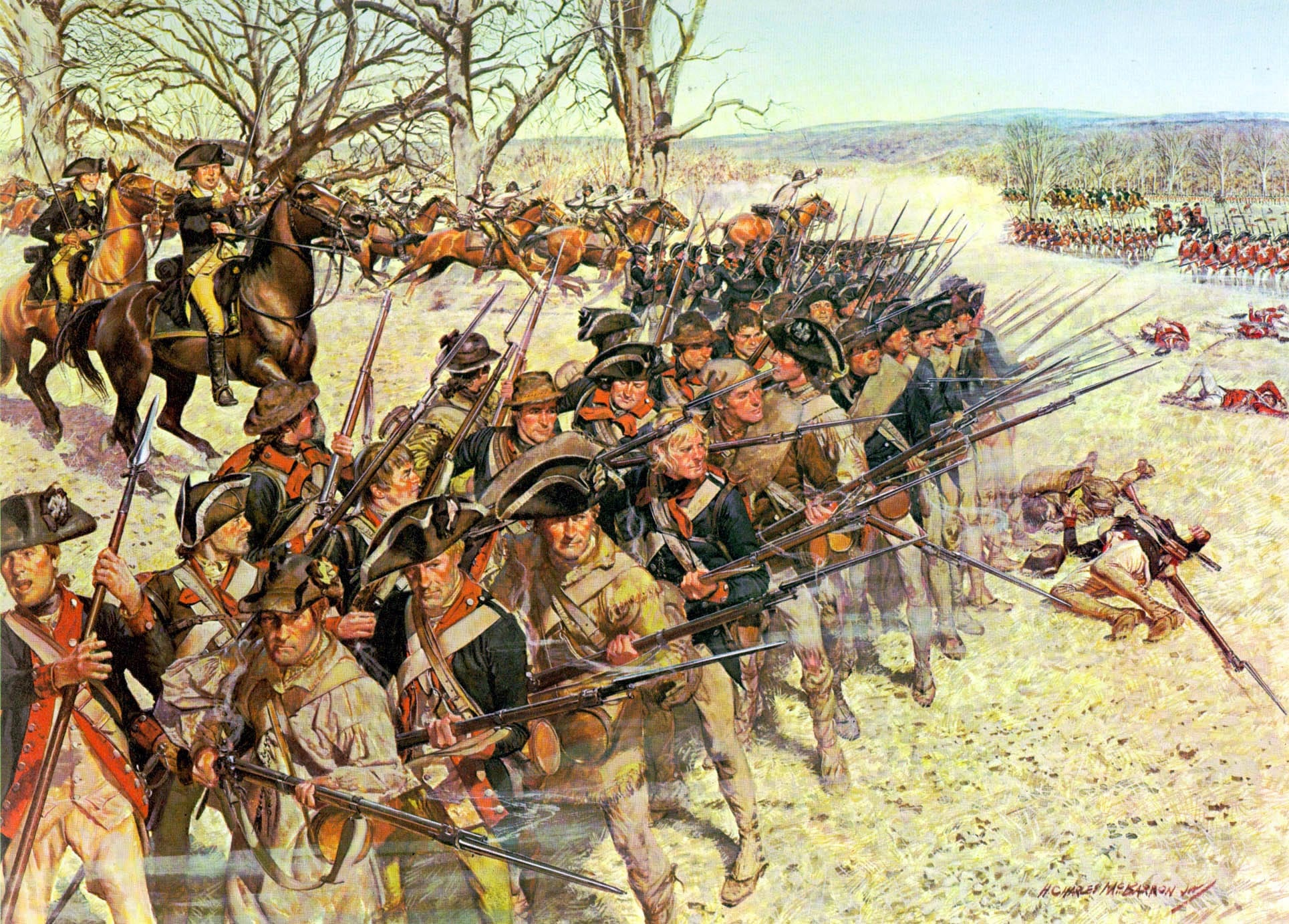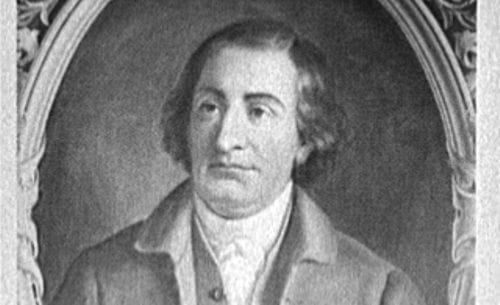Introduction
Thomas Jefferson (1743–1826) was the primary author of the Declaration of Independence and the Virginia Statute for Religious Freedom, secretary of state during the presidency of George Washington, and the third president of the United States. Jefferson also served as governor of Virginia during the Revolutionary War.
In his Notes on the State of Virginia, published between the conclusion of the war and the creation of the Constitution, Jefferson discussed a wide range of issues related to the state’s history, geography, and constitution. In this selection from that book, Jefferson discussed the defects of the original Virginia constitution, which was established hurriedly in 1776. Jefferson, like many others, including James Madison, feared the overbearing legislatures that typically dominated state executives during the 1780s.
—J. David Alvis and Joseph Postell
The Constitution of the State and Its Several Charters
. . .This constitution was formed when we were new and unexperienced in the science of government. It was the first too which was formed in the whole United States. No wonder then that time and trial have discovered very capital defects in it. . . .
All the powers of government, legislative, executive, and judiciary, result to the legislative body. The concentrating these in the same hands is precisely the definition of despotic government. It will be no alleviation that these powers will be exercised by a plurality of hands, and not by a single one; 173 despots would surely be as oppressive as one. Let those who doubt it turn their eyes on the republic of Venice. As little will it avail us that they are chosen by ourselves. An elective despotism was not the government we fought for; but one which should not only be founded on free principles, but in which the powers of government should be so divided and balanced among several bodies of magistracy, as that no one could transcend their legal limits without being effectually checked and restrained by the others. For this reason that convention which passed the ordinance of government, laid its foundation on this basis, that the legislative, executive, and judiciary departments should be separate and distinct, so that no person should exercise the powers of more than one of them at the same time. But no barrier was provided between these several powers. The judiciary and executive members were left dependent on the legislative, for their subsistence in office, and some of them for their continuance in it. If therefore the legislature assumes executive and judiciary powers, no opposition is likely to be made; nor, if made, can it be effectual; because in that case they may put their proceedings into the form of an act of assembly, which will render them obligatory on the other branches. They have accordingly, in many instances, decided rights which should have been left to judiciary controversy; and the direction of the executive, during the whole time of their session, is becoming habitual and familiar. And this is done with no ill intention. The views of the present members are perfectly upright. . . . Nor should our assembly be deluded by the integrity of their own purposes, and conclude that these unlimited powers will never be abused because themselves are not disposed to abuse them. They should look forward to a time, and that not a distant one, when corruption in this, as in the country from which we derive our origin, will have seized the heads of government, and be spread by them through the body of the people; when they will purchase the voices of the people, and make them pay the price. Human nature is the same on every side of the Atlantic, and will be alike influenced by the same causes. The time to guard against corruption and tyranny is before they shall have gotten hold on us. It is better to keep the wolf out of the fold, than to trust to drawing his teeth and talons after he shall have entered. . . .
. . .In December 1776, our circumstances being much distressed, it was proposed in the house of delegates to create a dictator, invested with every power legislative, executive, and judiciary, civil and military, of life and of death, over our persons and over our properties; and in June 1781, again under calamity, the same proposition was repeated, and wanted a few votes only of being passed. . . .In God’s name, from whence have they derived this power? Is it from our ancient laws? None such can be produced. Is it from any principle in our new constitution, expressed or implied? Every lineament of that expressed or implied, is in full opposition to it. Its fundamental principle is that the state shall be governed as a commonwealth. It provides a republican organization, proscribes under the name of prerogative the exercise of all powers undefined by the laws; places on this basis the whole system of our laws; and, by consolidating them together, chooses that they shall be left to stand or fall together, never providing for any circumstances, nor admitting that such could arise, wherein either should be suspended, no, not for a moment. Our ancient laws expressly declare that those who are but delegates themselves shall not delegate to others powers which require judgment and integrity in their exercise. Or was this proposition moved on a supposed right in the movers of abandoning their posts in a moment of distress? The same laws forbid the abandonment of that post, even on ordinary occasions; and much more a transfer of their powers into other hands and other forms, without consulting the people. They never admit the idea that these, like sheep or cattle, may be given from hand to hand without an appeal to their own will. . . .Those who meant well, of the advocates for this measure (and most of them meant well, for I know them personally, had been their fellow laborers in the common cause, and had often proved the purity of their principles), had been seduced in their judgment by the example of an ancient republic, whose constitution and circumstances were fundamentally different. They had sought this precedent in the history of Rome, where alone it was to be found, and where at length too it had proved fatal. They had taken it from a republic, rent by the most bitter factions and tumults, where the government was of a heavy-handed unfeeling aristocracy, over a people ferocious and rendered desperate by poverty and wretchedness; tumults which could not be allayed under the most trying circumstances, but by the omnipotent hand of a single despot. Their constitution therefore allowed a temporary tyrant to be erected, under the name of a dictator; and that temporary tyrant, after a few examples, became perpetual. They misapplied this precedent to a people mild in their dispositions, patient under their trial, united for the public liberty, and affectionate to their leaders. . . . Our situation is indeed perilous, and I hope my countrymen will be sensible of it, and will apply, at a proper season, the proper remedy; which is a convention to fix the constitution, to amend its defects, to bind up the several branches of government by certain laws, which when they transgress their acts shall become nullities; to render unnecessary an appeal to the people, or in other words a rebellion, on every infraction of their rights, on the peril that their acquiescence shall be construed into an intention to surrender those rights.


